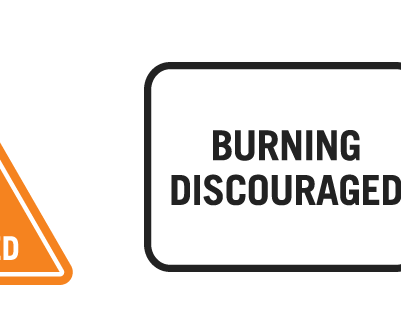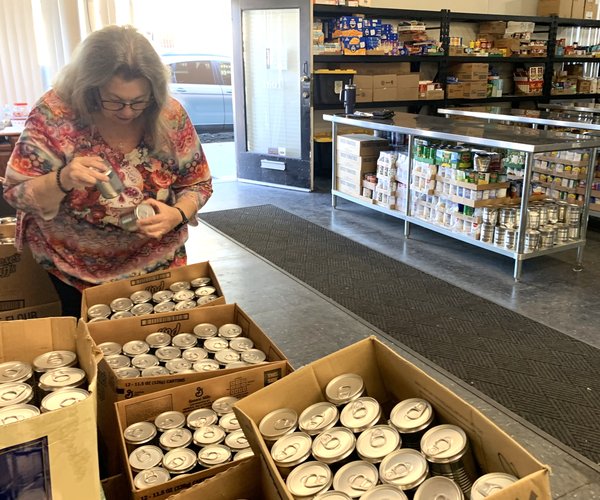With Veterans Day approaching and the veteran unemployment rate at 3.1 percent, the personal-finance company WalletHub this week released its report on 2025’s Best & Worst Places for Veterans to Live. The report compares the 100 largest U.S. cities across 19 key metrics, ranging from the share of military skill-related jobs to housing affordability and the availability of VA health facilities.
WalletHub also released the results of its 2025 Military Money Survey, which revealed that 39 percent of Americans think inflation and tariffs are hitting military families harder than civilians.
One California city made the top 10 list for veterans, while two ranked in the bottom 10.
Best Cities for Veterans
Austin, Texas was rated as the best city for veterans across the country, followed by Tampa, FL at number two. Next were Madison, WI; Raleigh, NC; Colorado Springs, CO; Virgina Beach, VA; Orlando, FL; St. Petersburg, FL; Irvine, CA at number nine; and Fort Worth, TX rounding out the top 10.
Worst Cities for Veterans
Ranked in the bottom 10 were Chicago, Illinois at number 91, followed by Fresno, CA; Stockton, CA; Baltimore, MD; Indianapolis, IN; Toledo, OH; Memphis, TN; Baton Rouge, LA; Detroit, MI: and at number 100 on the list, Newark, New Jersey.
To view the full report, visit:
https://wallethub.com/edu/best-and-worst-cities-for-veterans/8156
Military Money Survey
Troops Hit Harder: 39 percent of Americans think inflation and tariffs are hitting military families harder than civilians.
Veterans Left Behind: 47 percent of Americans think the U.S. doesn’t take care of its veterans financially.
Taxpayer Exploitation: More than 2 in 3 Americans think military contractors are taking advantage of U.S. taxpayers.
Lack of Financial Training: 56 percent of Americans think the military doesn’t do enough to teach financial literacy.
Security Threat: 81 percent of Americans think that protecting members of the military from identity theft is a matter of national security.
“When veterans return home from serving our nation, it’s important for them to live in a place that provides good education and employment opportunities, along with access to quality care for their physical and mental health. The best cities for veterans have all these characteristics, plus added bonuses like large veteran populations for community support, plus many restaurants and entertainment venues that offer veteran discounts,” noted WalletHub Analyst Chip Lupo. “Austin, Texas, is the best city for veterans, in large part because it has the best colleges for veterans in the country, along with the 10th-highest median annual income for veterans, at around $62,000. It’s also good for veterans to live in a place where they can form a community of support, and Austin has the third-smallest projected decrease in veterans between 2024 and 2053. Finally, Austin has the 12th-highest number of restaurants and the 10th-most arts/entertainment establishments per capita that offer military discounts.”
Expert Commentary
Q & A with Daryl Griffin – Student Life Manager, Veteran Services, LaGuardia Community College/City University of New York
What are the biggest issues facing veterans today?
I think a big issue is connecting with a community; many veterans join the military and leave behind family, friends, a strong community of support. When service members separate from the military that same structure that they left behind may not be there or they relocate to a different area.
What factors (financial and other) should a veteran consider when choosing what city to live in?
When deciding where you want to live, veterans should consider how veteran friendly the city is, how close the nearest VA is and what property tax breaks veterans receive.
How can the government help veterans succeed financially? How can policy and programs help veterans better manage their finances?
The government can establish nationwide policy instead of policies that vary by state and city. It makes no sense that one state can offer 100 percent property tax break, yet other states offer less.
How should governments and non-profits help homeless veterans?
My take on this might sound bold and outrageous but I believe every veteran should get a home. Veterans are the ones who fight to defend this land, they should get a share of it.
How should the VA reform their health care system to better serve the needs of this population? How can a veteran evaluate the quality of their local VA health system?
The VA needs to hire people that want to help veterans. In my experience with the VA, too often I have felt like my doctor dismissed what I was saying just to get me in and out of his office as quickly as possible. Veterans can look at reviews on google but the best way to evaluate your local VA is to go in and get treatment. Once you are in the system, ask yourself, how hard is it to schedule an appointment? How long do I have to wait for an appointment? Are all your health issues being heard and given the proper treatment?





